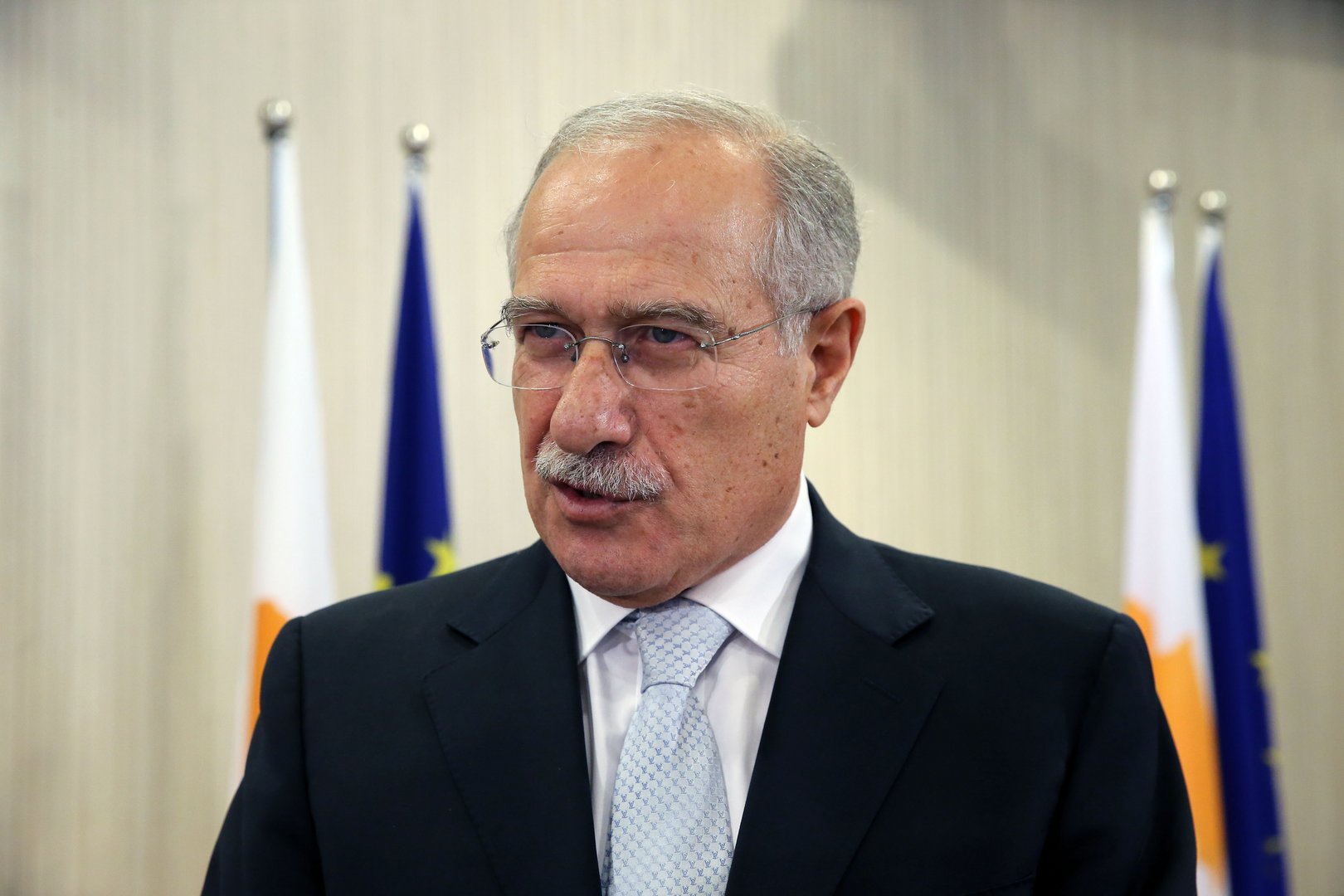Labour Minister Kyriacos Koushos conceded on Tuesday that problems persist with delays in processing benefits applications, promising to resolve the matter soon, while also hinting at a possible scrapping of the 12 per cent penalty on pensions imposed on those opting to retire early at the age of 63.
The minister was speaking in parliament, where he took questions from MPs on a wide range of issues.
Koushos acknowledged the substantial delays in the processing of benefits applications, approximately 66,000 of which are currently pending.
Efforts are underway to speed up processing, but quick fixes are not the answer, Koushos said. A comprehensive solution is needed, and that lies in the application and use of digital technologies.
The minister will travel to Austria next week where he will look into securing a software system used there.
Moving onto pensions, Koushos said that by month’s end an actuarial analysis will be complete to determine whether the 12 per cent penalty on those retiring at the age of 63 can be abolished.
The penalty is imposed as an offset, because these beneficiaries receive two extra years of pensions compared to those retiring at 65.
But the government is now mulling doing away with the 12 per cent penalty once a retiree reaches the age of 81. This would rectify this “distortion,” Koushos said.
According to mathematical formulas, in order that those retiring at 63 ‘lose out’ – in the form of pension payouts – compared to those retiring at the age of 65, they would have to live beyond the age of 81.
At present, in Cyprus life expectancy for men is calculated at 80.5 years, and at 84.5 years for women.
Koushios said they expect the EU to issue new guidelines next year regarding life expectancy in conjunction with the issue of low birth rates.
There were also thoughts on extending retirement to the age of 67.
Regarding the national minimum wage, Koushos defended its setting at €940 a month. He said that over 80,000 workers benefited, about half of whom were earning under €750.
He clarified that during the first six months of work for new hires, the minimum wage is set at €885. If the employee remains at his or her post beyond that time, the minimum wage goes up to €940.
This arrangement would give businesses and employers time to transition.







Click here to change your cookie preferences